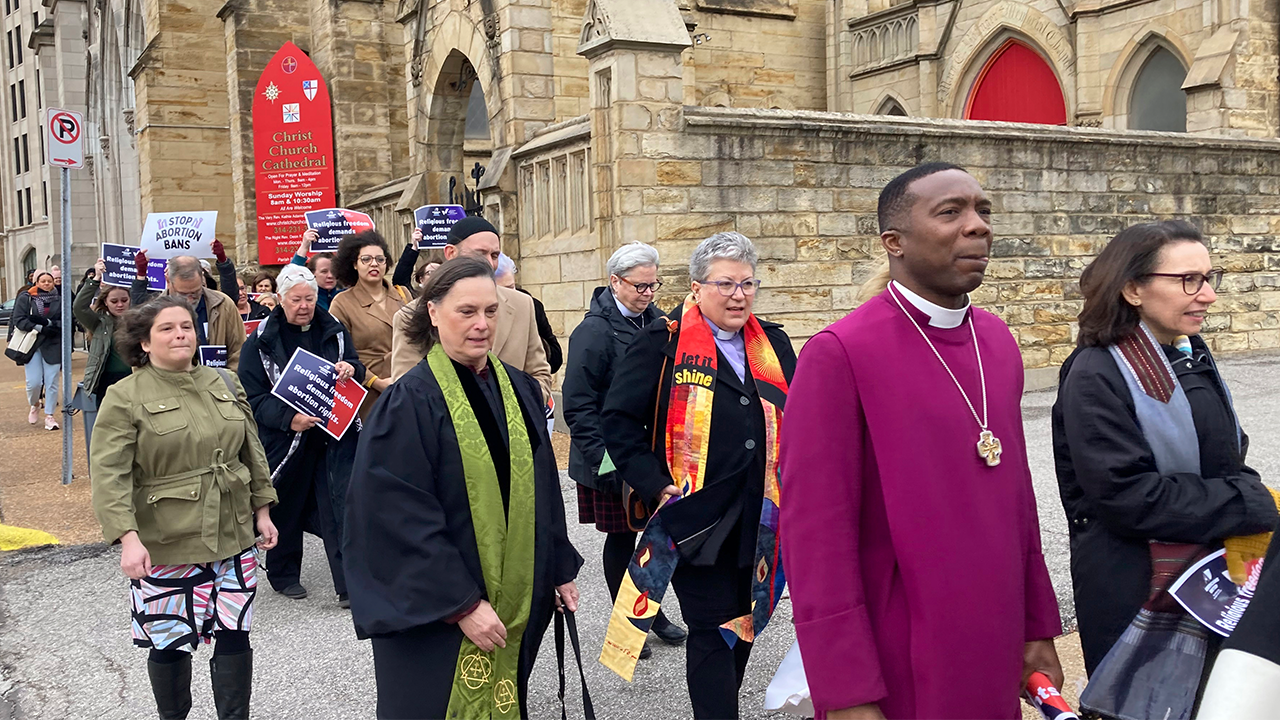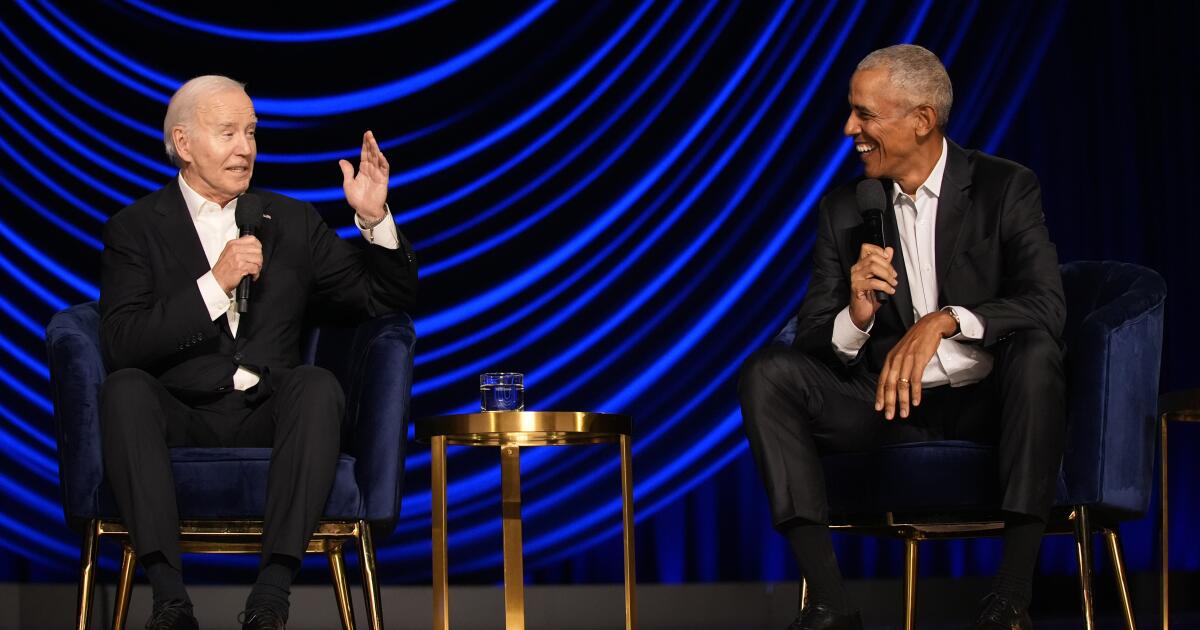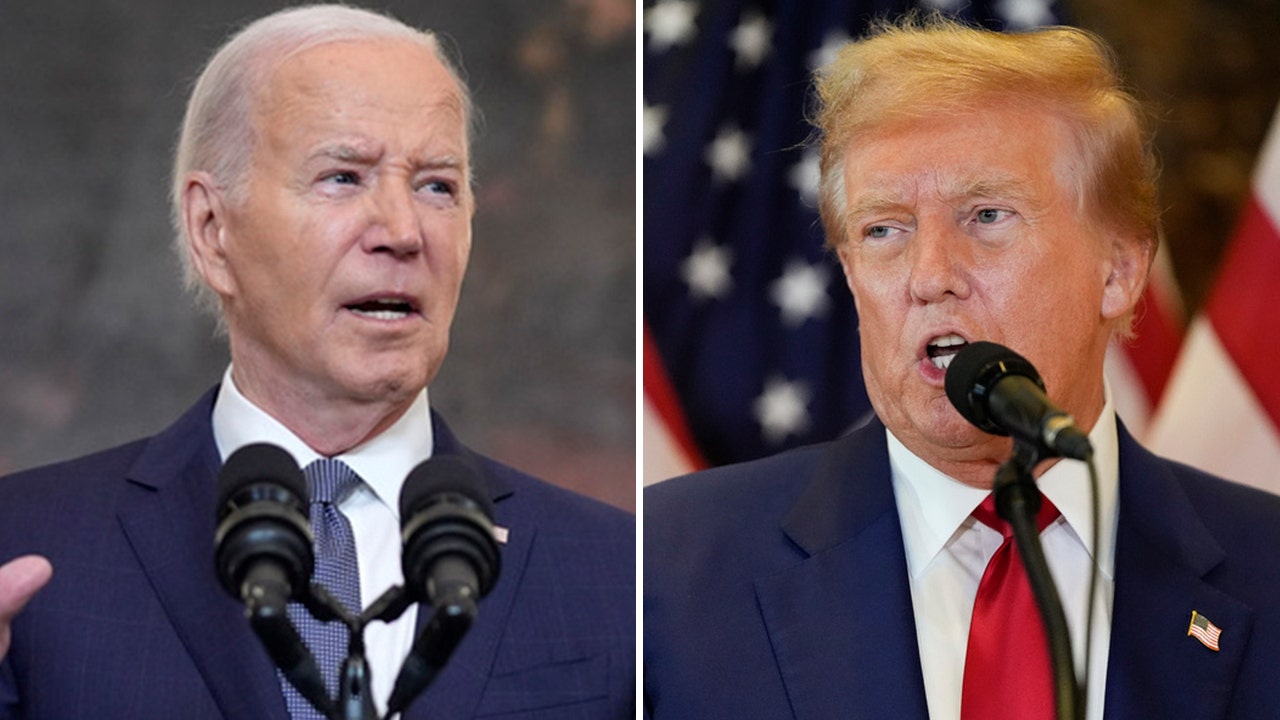Finance
City grandees: Flurry of reforms will boost UK finance after years of ‘distractions’

A raft of reforms rolled out to aid the financial sector in recent weeks will increase the City’s competitiveness “at pace” after years of “distractions”, according to leading lawyers and regulatory experts.
The City has been hit by a decades-low drought in UK listings, as high-profile companies choose New York over London to IPO. Meanwhile, an ongoing lack of deal activity has piled downward pressure on bankers and lawyers.
Brexit has also forced thousands of finance professionals to head to the continent and led to London briefly losing its crown to Amsterdam as Europe’s largest share-trading centre.
The economy has also struggled since the pandemic with a cost-of-living crisis, as rising interest rates and market volatility have combined to dent investor appetite. The UK is now one of the worst performing countries in the G7 as a result.
Criticism has surrounded the pace of action by the government since Brexit. There has been limited concrete progress despite a swathe of reviews, including the Kalifa Review of fintech, the Hill Review of listings and Freshfields lawyer Mark Austin’s review of secondary capital raisings.
READ Mansion House Reforms: Government targets listings and pension overhaul to boost City
On 10 July, Chancellor Jeremy Hunt unveiled the ‘Mansion House Reforms’, the latest in a series of measures intended to put the City back on top. The reforms propose unlocking pension capital, loosening listings rules and incentivising startup investment.
The City’s response to his proposals was generally positive.
Charlotte Crosswell, the chair of the government-backed Centre for Finance, Innovation and Technology, told a Barron’s Live panel hosted by Financial News: “It has been a long, long road. Hopefully now we can move at pace.”
The former director of clearing house LCH added: “I know everyone is sitting there getting quite tired of all the reviews, but some of those have been really instrumental. These are really big topics. If you rush into one particular area and then find you have not addressed the other issues, there is a problem.”
“It does take a while to get things through and it still will be further [to go],” added fellow panellist Kate Dawson, capital markets and digital finance sector head for KPMG’s regulatory insights centre.
“We are beginning to see things consulted on in 2020 coming through now… Unfortunately, there is a complex regulatory system that keeps us all busy.”
Dawson said regulatory divergence is adding costs for international companies, which now have to deal with multiple regulatory systems. Nevertheless, the reforms should still boost activity in the City.
No time for distractions
James Palmer, a partner at Herbert Smith Freehills and a member of TheCityUK’s leadership council, said policymakers had found their time taken up by macroeconomic headwinds and could now focus on boosting the UK’s financial services sector again.
“The Brexit vote — it distracted people,” he said. “If you add Covid as well, there’s been unbelievable levels of distraction. Ukraine on top of that; it has been extraordinary.
READ ‘The UK is our home’: Why London’s IPO candidates might still choose the City
“I think we have been beset with policymaking short-termism… Politicians are very focused on GDP growth for the next six months. That is their goal. Actually what we are talking about here are things that will create real growth over 10, 20 and 30 years. To me, that is what is exciting about this. That is why I think it is an opportunity for momentum.
“I think that we are having this debate is unbelievably exciting. The UK could actually steal a march on pretty much everywhere in the world if we get this right. But don’t expect to fix everything in 12 months. This is going to be three to five to 10 years of hard graft.”
Culture wars
Palmer also said it was “preposterous” that far more people were invested in crypto than stocks. The panel said more work needed to be done to encourage savers to put their money in domestic equities.
“Are we going to see the cultural change needed for people to recognise the benefits? The foundations are there, but we need to recognise this won’t happen automatically,” Crosswell said.
A key pillar of the Mansion House Reforms was an agreement by nine pension giants to increase the amount they invest in unlisted shares. The firms, which together own two-thirds of Britain’s defined contribution assets, currently invest less than 1% of their funds in unlisted shares; they have pledged to increase that to 5% by 2030.
The hope is that more domestic investor backing will make a London float more attractive to high-growth firms once they reach the scale to go public.
The panel praised the commitment, but noted it was voluntary on the part of pension companies, as opposed to compulsory.
While the 5% was not enough as it stands, Palmer said he remained “very, very opposed to mandating… Mandating is just heavy-handed government short-termism.”
READ City brokers facing ‘existential crisis’ say Mansion House Reforms come too late
While the government has hit on technical solutions to issues, City grandees have also talked up the need for a more positive tone in the City — to shout about successes rather than complain about headwinds.
Senior government officials including City minister Andrew Griffith have been bullish on the pressing need for reforms to turbocharge growth. Private sector leaders such as London Stock Exchange boss Julia Hoggett and Legal & General chief Nigel Wilson have also come together in a bid to find solutions.
To contact the author of this story with feedback or news, email Justin Cash

Finance
Mask, campaign finance bill heads to NC Governor’s desk

CHARLOTTE, N.C. (QUEEN CITY NEWS) — A new bill in North Carolina could change the landscape of campaigning and elections.
It started as a bill limiting the use of masks during protests — until lawmakers added a revision concerning campaign finances.
“I think it definitely obscures the transparency because it allows what people refer to as dark money to come in, unlimited contributions without donor disclosure. Again, I think this is a matter of context,” says Dr. Susan Roberts, a political science professor at Davidson College.
She says it’s not the first time legislators have tucked away unrelated items in a piece of legislation.
In 2013, the North Carolina House passed a controversial bill 74-41 about two unrelated goals: it restricts access to abortion and increases safety for motorcyclists.
“Campaign finance law is never really neutral. And that’s one of the things that’s in this piece of legislation. Sometimes it depends on the context. And here the Republicans can do that. Whether or not this is something that benefits someone in the governor’s race is yet to be seen,” Dr. Roberts said.
The latest campaign finance records show Attorney General Josh Stein had raised $19.1 million as of February, with $12.7 million left to spend.
Lt. Governor Mark Robinson was millions of dollars behind with only $10.7 million raised in that same period, with $4.5 million left to spend.
“It will essentially level the playing field when it comes to outside groups that are going to be playing in various elections in the state,” says Republican Speaker of the House Representative Tim Moore.
“Well, we’re calling a foul because neither party should be hiding money and allowing mega-donors to pay to play,” says Ann Webb with Common Cause North Carolina.
The bill now goes to Governor Roy Cooper’s desk for his signature or veto. Republicans have veto-proof majorities in both chambers of the General Assembly.
Finance
Bengaluru Woman Turns Apartment Hunt Into Comic Gold Using 'Man In Finance' Trend

The video has garnered over 140,000 views.
A Bengaluru resident named Neha has found a unique way to find a new apartment: by using a viral TikTok trend. Neha created a video using the music from the song “Man In Finance” by TikTok creator Megan Boni. Boni’s song lists qualities she wants in a partner, but Neha changed the lyrics to reflect what she wanted in an apartment, including features like being furnished, having two rooms, and having a balcony.
The caption shared along with the video read, “Desperate times call for desperate measures. So here’s my take on the trend.”
Watch the viral video here:
Neha’s creative reinterpretation of the original song lyrics has generated significant buzz on social media. The video has amassed over 140,000 views and garnered a wide range of reactions in the comment section.
“This is tougher than finding “finance, trust fund, 6’5, blue eyes,” commented a user.
“I might as well buy one in Mysore. It’s almost the same time to commute if you have one in Electronic City,” wrote another user.
“Bengaluru is like a galaxy. You have to mention which part of the galaxy you are looking at; prices fluctuate accordingly,” commented a third user.
Finance
Presidential elections influencing financial strategies, economic forecasts for US – Times of India

According to a report by Saxo, an investment bank, on the Quarterly Outlook for Q2 2024 of the US economy, the economic data is strong in the first quarter but signs of weakness are emerging.
“US economic data has been strong in the first quarter, but signs of weakness are emerging, potentially marking a turning point for the US economy,” the report notes.
A recurring theme in the report is the significant impact of the 2024 US election on investor sentiment and market behaviour. The election is not only dominating headlines but also influencing financial strategies and economic forecasts.
The report points out that the US government’s substantial debt issuance since 2022, amounting to USD 3 trillion, has resulted in only USD 2.4 trillion in nominal GDP growth. While this strategy has prevented an official recession, it has not led to sustainable economic growth, raising concerns about the long-term health of the economy.
The report emphasizes the importance of developments in central bank policies, commodity markets, and currency dynamics, which are expected to impact investment strategies in the coming months. As central banks consider rate cuts and adjustments to their balance sheets, the report urges investors to navigate the evolving market conditions strategically.
“A slowdown in economic growth and a gradual decrease in inflation will give central banks the opportunity to dial back on their tight monetary policies and implement rate cuts as soon as in the second quarter of the year, building the case for a portfolio’s extension in duration,” the report states.
The report identifies opportunities in sectors like energy, healthcare, and financials but also warns of risks in the technology and real estate sectors.
According to the report, the convergence of generative AI and innovative obesity drugs has sparked significant interest, leading to speculative investments and driving companies like Nvidia and Novo Nordisk to new heights.
Despite this, the report advises investors to remain cautious as the inflated equity valuations could result in lower returns moving forward.
The election remains a crucial factor, with central banks ready to cut rates at any sign of weakness and politicians eager to spend, creating an environment ripe for “better-than-expected” economic data, which fuels election-year optimism.
Despite the government’s significant debt issuance, which has maintained a perception of positive economic data, the report states that the lack of long-term economic expansion is a concern.
The report also highlights the need for prudent decision-making to effectively navigate the complexities of the Q2 2024 market environment.
-

 News1 week ago
News1 week agoIsrael used a U.S.-made bomb in a deadly U.N. school strike in Gaza
-

 Movie Reviews1 week ago
Movie Reviews1 week agoShort Film Review: Blue and White (2022) by Hiroyuki Nishiyama
-

 World1 week ago
World1 week agoFrance to provide Ukraine with its Mirage combat aircraft
-

 World1 week ago
World1 week agoWorld leaders, veterans mark D-Day’s 80th anniversary in France
-

 World1 week ago
World1 week agoRussia-Ukraine war: List of key events, day 833
-

 News1 week ago
News1 week agoNonprofit CFO Accused of 'Simply Astonishing' Fraud
-

 Movie Reviews1 week ago
Movie Reviews1 week agoInsane Like Me? – Review | Vampire Horror Movie | Heaven of Horror
-

 Politics1 week ago
Politics1 week agoGeorge Clooney called White House to complain about Biden’s criticism of ICC and defend wife’s work: report


















